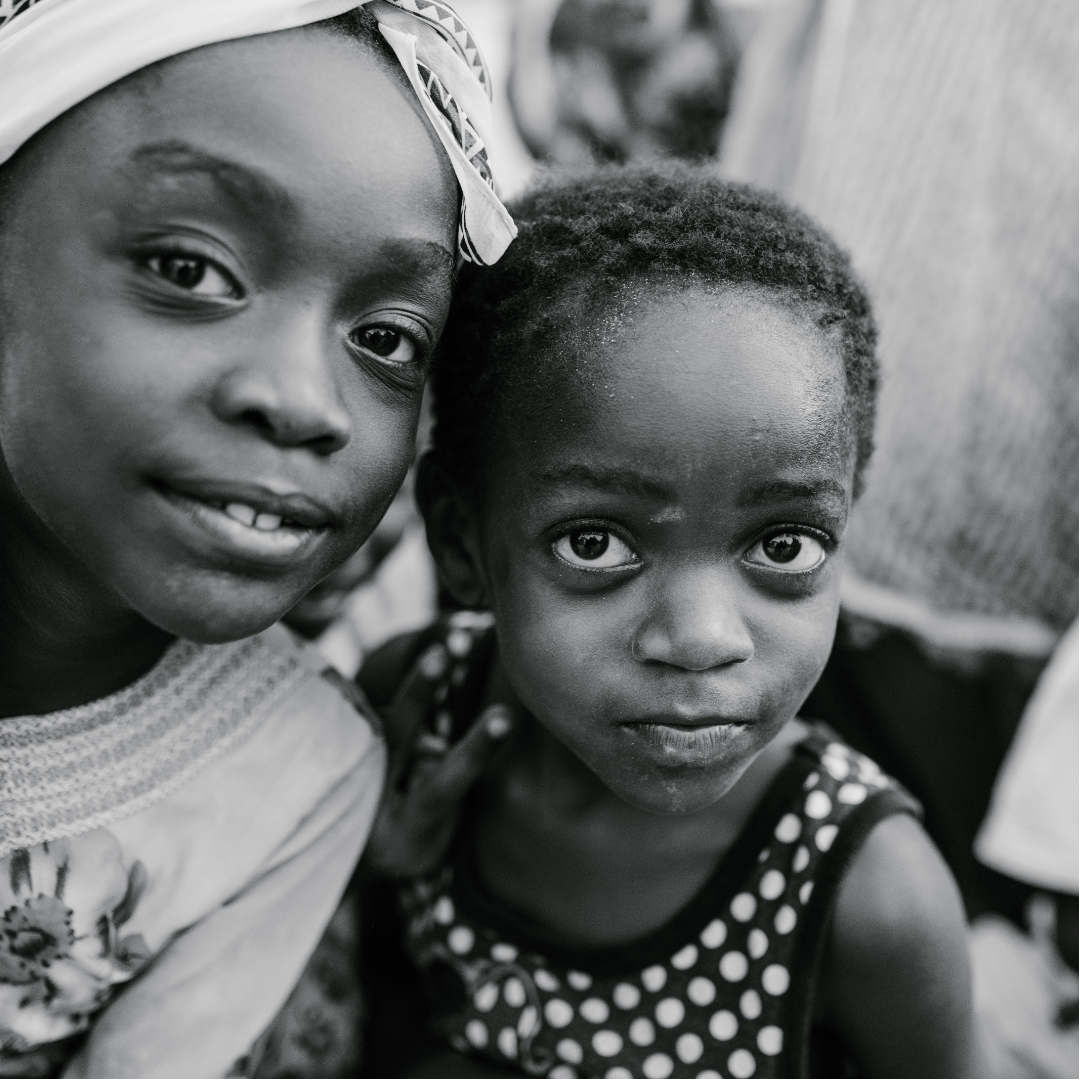Hunger remains a persistent and widespread issue in Kenya, particularly affecting girls and their education. The relationship between hunger and girls’ education is deeply intertwined, with hunger acting as a significant barrier to accessing quality education.
This article aims to shed light on the detrimental effects of hunger on girls’ education in Kenya.
How Hunger Affects Girls’ Education in Kenya
Here are some of the ways in which hunger affects girls’ education in Kenya:
Escalating Dropout Rates
One of the dire consequences of hunger on girls’ education in Kenya is the alarming increase in dropout rates. Girls are disproportionately affected, facing a higher likelihood of leaving school due to food insecurity.
According to a study conducted by Plan International, girls in Kenya experiencing food insecurity were found to be 2.5 times more likely to drop out of school compared to their food-secure counterparts.
The debilitating impact of hunger on their ability to sustain their education underscores the critical necessity to tackle this issue comprehensively, aiming to break the vicious cycle of hunger-induced dropouts.
Malnutrition and Its Impact on Learning
Malnutrition resulting from hunger is a critical issue affecting children, including girls, in Kenya. Malnourished children face cognitive impairments that hinder their ability to learn effectively.
According to UNICEF, 26% of Kenyan children under five are stunted due to malnutrition. This rises to 46% in Kitui and West Pokot. 11% of children in Kenya are underweight, with 4% wasted.
Malnutrition affects brain development and academic performance. A study conducted in rural Kenya showed that malnourished girls had lower academic achievement and were more likely to drop out of school compared to their well-nourished counterparts.
Attendance and Concentration
Persistent hunger often leads to absenteeism and lack of concentration among school-going girls. When students are hungry, their ability to concentrate in class and actively participate in learning activities diminishes.
Hunger-related fatigue can also result in irregular attendance, further disrupting learning.
A study by the World Food Programme found that girls in Kenya who were food insecure missed an average of 10 school days per year due to hunger.
Girls’ Participation and Retention
Hunger significantly impacts girls’ participation and retention in the education system. Many girls, due to poverty and hunger, are forced to engage in income-generating activities to support their families instead of attending school.
Additionally, hunger-related health issues can lead to frequent illnesses, causing long-term absences and ultimately dropping out.
Menstruation and Food Insecurity
For adolescent girls, the challenges of hunger and malnutrition are compounded by menstruation. Lack of proper nutrition due to hunger exacerbates menstrual health issues, leading to adverse effects on school attendance and performance.
The inability to afford sanitary products further impedes girls’ participation in school during their menstruation cycle.
Solutions to Alleviate the Impact of Hunger on Girls’ Education in Kenya
The following are some solutions to the problem of hunger and girls’ education in Kenya:
Enhanced School Feeding Programs
Implementing and expanding school feeding programs to ensure that every child, especially girls, receives at least one nutritious meal per school day. This will not only improve their nutritional intake but also boost attendance, concentration, and overall academic performance.
Financial Assistance to Alleviate Economic Strain on Families
Providing financial assistance to impoverished families is a crucial step towards ensuring that the cost of education is not a barrier for their daughters. This assistance can encompass financial aid for uniforms, textbooks, school supplies, and even direct stipends.
By lessening the financial burden on families, we can significantly reduce the number of girls forced to drop out of school due to financial constraints, thus promoting sustained education.
Adequate Nutritional Support and Education
Introduce educational initiatives targeting parents and communities to raise awareness about the importance of proper nutrition and a balanced diet for children. Ensuring access to nutritional support, such as vitamins and supplements, can significantly enhance the well-being and learning capacity of young girls.
Economic Empowerment and Poverty Alleviation
Implement programs that economically empower families, particularly those of school-going girls, to reduce poverty and improve food security. This can include vocational training, microfinance opportunities, and small business support, which will enable families to afford proper nutrition and other essential needs.
Community Engagement and Awareness Campaigns
Conduct community engagement programs to encourage families and communities to prioritize and invest in their daughters’ education. Advocacy campaigns can focus on the benefits of educating girls, dispelling myths and misconceptions, and emphasizing the long-term positive impact on the community and society at large.
Policy Advocacy and Implementation
Advocate for policies that promote gender equality in education and address hunger-related barriers. These policies should prioritize providing equal opportunities for girls and women, including access to education, healthcare, and nutrition, to eradicate the cycle of poverty and hunger.
Addressing Harmful Cultural Practices and Gender Inequality
To counter gender inequality in Kenya, efforts should be directed at addressing deeply ingrained cultural practices and attitudes that perpetuate gender disparities. Community awareness programs and education campaigns can play a pivotal role in enlightening societies about the significance of girls’ education.
By advocating for the delay of marriage and childbearing, and promoting equal opportunities for girls, we can foster a more encouraging environment conducive to the advancement of girls’ education.
Empowering Girls and Women for Informed Choices
Empowerment initiatives for girls and women are fundamental in shaping their educational journey and life decisions. Educational programs should focus on imparting knowledge about their rights, fostering confidence, and enhancing life skills.
Equipping girls with the ability to make informed choices regarding their education and future aspirations is vital for breaking the cycle of poverty and hunger that hinders their progress.
Strategic Investments in Agriculture and Food Security
Investing in agriculture and bolstering food security initiatives are paramount for poverty alleviation and hunger eradication in Kenya. By improving agricultural productivity and ensuring food availability and accessibility, families can attain economic stability, enabling them to afford their daughters’ education.
Ultimately, this strategic investment not only positively impacts the overall welfare of girls and women but also enhances their capacity to pursue education uninterrupted.
School Feeding Programs in Kenya
School feeding programs in Kenya provide nutritious meals to children at school. These programs can help to improve children’s health, nutrition, and education outcomes.
The Kenyan government has implemented a number of school feeding programs, including:
- The National Home Grown School Meals Programme: This program provides a hot lunch to children in primary schools in arid and semi-arid lands (ASALs). The program is funded by the government and implemented by the World Food Programme (WFP).
- Nana’s Kitchen Initiative: A project by Put Her Best Foot Forward Africa, aimed at empowering marginalized girls in Kenya through access to proper nutrition and essential life skills. This initiative is essential for addressing the issue of hunger and its impact on girls’ education in Kenya.
- The School Meals Programme: This program provides a hot lunch to children in primary schools in urban areas. The program is funded by the government and implemented by the Ministry of Education.
- The Early Childhood Development (ECD) Feeding Programme: This program provides nutritious meals to children in ECD centers. The program is funded by the government and implemented by the Ministry of Education.
Conclusion
Addressing hunger’s detrimental impact on girls’ education in Kenya is an urgent and complex challenge that demands a multi-faceted approach. Tackling malnutrition, enhancing access to education, combating gender inequality, and supporting economic growth through agricultural investments are key components of a comprehensive solution.
By prioritizing these interventions, we can break the cycle of hunger-induced educational setbacks and empower girls to thrive academically. In doing so, we not only transform individual lives but also contribute to a more equal and prosperous future for Kenyan society as a whole.
Nana’s Kitchen is Breaking the Chains of Hunger: A Beacon of Hope for Marginalized Kenyan girls
Many school-aged girls in Kenya face the harsh reality of inadequate access to nutritious meals, leading to compromised growth, diminished academic performance, and increased dropout rates. Nana’s Kitchen Initiative offers a beacon of hope by supplying these girls with nutritious meals and a safe haven to learn essential life skills.
Nana’s Kitchen is an initiative by Put Her Best Foot Forward Africa, a vital project striving to empower marginalized girls in Kenya by providing them with proper nutrition and essential life skills. The impact of this initiative is profound, addressing hunger’s adverse effects on girls’ education in Kenya.
The initiative takes an innovative approach of establishing two open kitchens – one mobile and another in Kyumbi. The mobile kitchen ensures that girls in far-flung areas receive the nutrition they deserve, while the central kitchen in Kyumbi acts as a hub for learning vital life skills such as cooking, nutrition, and hygiene.
We invite you to donate to Nana’s Kitchen Initiative and spread the word about this impactful cause. Together, let’s champion the cause of marginalized girls in Kenya and work towards a more promising and empowered tomorrow.
Thank you for your dedication to creating positive change in the lives of these young girls!

